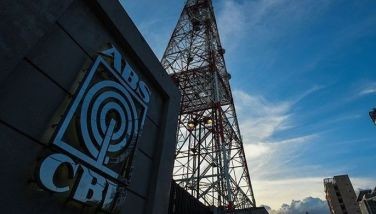APEC energy ministers lay down action plan
MACTAN, Cebu, Philippines – Energy ministers of the 21-member Asia Pacific Economic Cooperation (APEC) economies have agreed to lay down action plans that would direct members to adopt disaster-proofing of energy infrastructure, promote the use of clean energy and strengthen public-private partnerships (PPP) to achieve energy resiliency in the region.
Department of Energy (DOE) OIC-Secretary Zenaida Monsada, who chaired the 12th APEC Energy Ministers’ Meeting (EMM12), said ministers have signed the Cebu Declaration and Instructions that would formulate action plans to concretize energy goals, and in particular, promote and collaborate energy resilience initiatives.
“These instructions are set to be implemented by the Energy Working Group, Experts Groups on Energy Conservation, New and Renewable Energy Technology, Clean Fossil Energy, Energy Data and Analysis and the Low Carbon Model Town Task Force,” she said.
APEC defines energy resilience as the ability of energy infrastructure and systems to withstand extreme man-made and natural disasters and be able to recover and return to normalcy in an efficient and timely manner.
Monsada also bared plans to create a task force on energy resilience to implement disaster-proofing of energy infrastructure, advancement of cutting-edge energy efficiency technologies, community-based clean energy use in energy poverty-stricken areas and improvement in energy trade and investment in APEC.
“APEC, principally the US, has proposed the creation of task force to work on energy resiliency. The Philippines has accepted to co-chair with the US, which eventually will become a working group depending on the progress,” the DOE official said.
The Cebu Declaration and Instructions call for climate proofing of energy infrastructure, which involves the conduct of vulnerability assessment.
This assessment include the creation of regional geohazard maps, the exploration of best practices in enhancing the quality of electric power infrastructure, undertaking research and development programs and sharing information on energy infrastructure technology advancements and technological innovations.
“What we’re doing in terms of sharing of best practices is it all goes towards where we can make difference, like sharing lessons learned from our own processes and also in capacity building,” said Joshua Frydenberg of Australia’s Ministry for Resources and Energy.
The APEC working groups will also undertake a cost-benefit analysis of available energy efficient technologies to develop minimum energy performance standards and fuel quality and vehicle efficiency standards which will help in attaining the 45 percent reduction of energy intensity by 2035 from its 2005 levels.
For energy poverty-stricken areas, an energy eco-tourism framework will be drafted because energy is critical in spurring activities in the tourism sector.
- Latest
- Trending





























